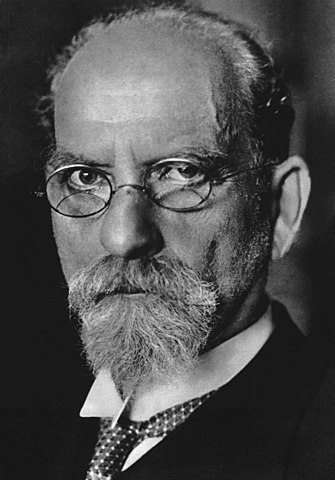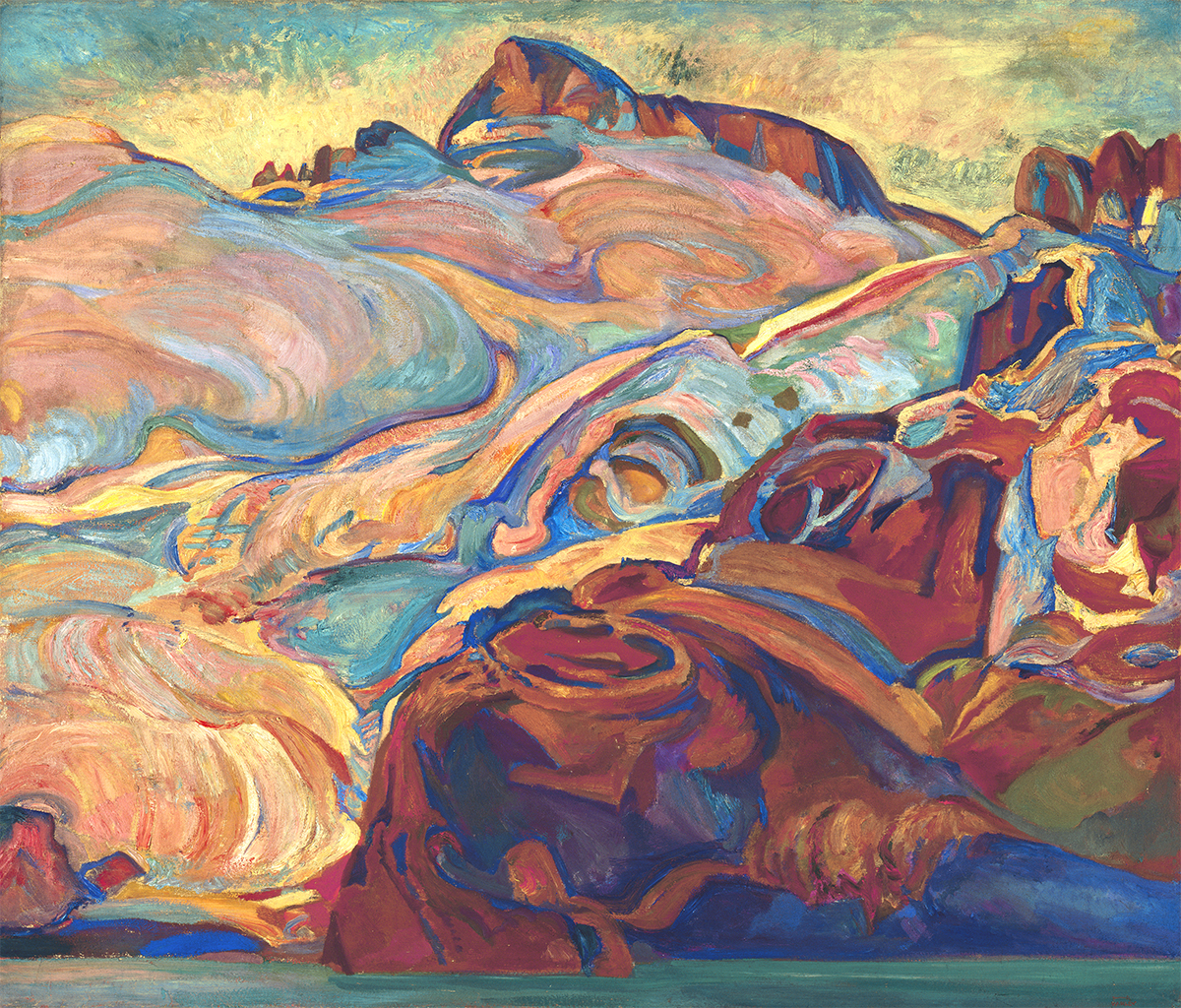 [Editor’s note: Learn more about Wendy’s work in our free April 20 webinar.]
[Editor’s note: Learn more about Wendy’s work in our free April 20 webinar.]
I live in wonder. Okay, I know that sounds like a strange thing for someone who considers themselves to be a “serious academic” to say. But when asked what it is that I do, it’s true.
See, I was trained in a way of doing philosophy that considers the ability to wonder the sole and essential quality necessary for undertaking philosophical investigations – to wonder in all its various meanings, that is, to question and to stand in awe. This capacity, this aptitude, is the foundation of the practise of phenomenology. Following the method outlined by

Edmund Husserl, the founder of this school of thought and methodology, phenomenologists, unlike their colleagues in the analytic tradition, begin their search for principles and tenets about the world actually in the world. They begin by setting aside or ‘bracketing’ their existing beliefs, biases and prejudices, and just looking, just looking at the world as it is. They begin in wonder.
After describing what it is they perceive (see, smell, hear, taste, touch), after marvelling at the world as it is, rather than merely seeking confirmation of the world they always already knew, they go about finding the best words and the best media with which to transcribe their observations. From those transcriptions, they then step back and try to identify shared or essential traits of our experiences to ground transcendental principles.
I think perhaps the clearest outline of this way of doing philosophy comes from Mary Oliver. In her poem “Sometimes,” she gives us her
Instructions for living a life:
Pay attention.
Be astonished.
Tell about it.
That’s about as succinct a description of the research project of phenomenologists as I know.

It is this method that I was not only trained in but that I continue to practice. So, if you are with me in one of my seminars on Rothko or The Women of Impressionism or the Group of Seven and Their Contemporaries, you’ll understand that it’s there on the canvas that I’m learning to pay attention. Through painting I’m learning to pay attention to the world that stands still so that I can better pay attention when I turn to look at the world in motion – when I turn to the natural world.
In both environments, in galleries and in forests, as I consider artistic excellence or natural beauty, I’m learning how to be astonished. And when I facilitate close readings of great books, that is me following the advice of D. H. Lawrence in his essay “Why the Novel Matters.” It is me seeking the best words and phrases to describe the fullness of our lived experiences.
 So, you see, I live in wonder. And I encourage those who join me on the screen and in the world (for example, in my journey Into the Wild on the west coast of Newfoundland in September 2023) to wonder as well. To wonder at the world around themselves and to wonder at the world within. I invite you to join me in my wonder project.
So, you see, I live in wonder. And I encourage those who join me on the screen and in the world (for example, in my journey Into the Wild on the west coast of Newfoundland in September 2023) to wonder as well. To wonder at the world around themselves and to wonder at the world within. I invite you to join me in my wonder project.


